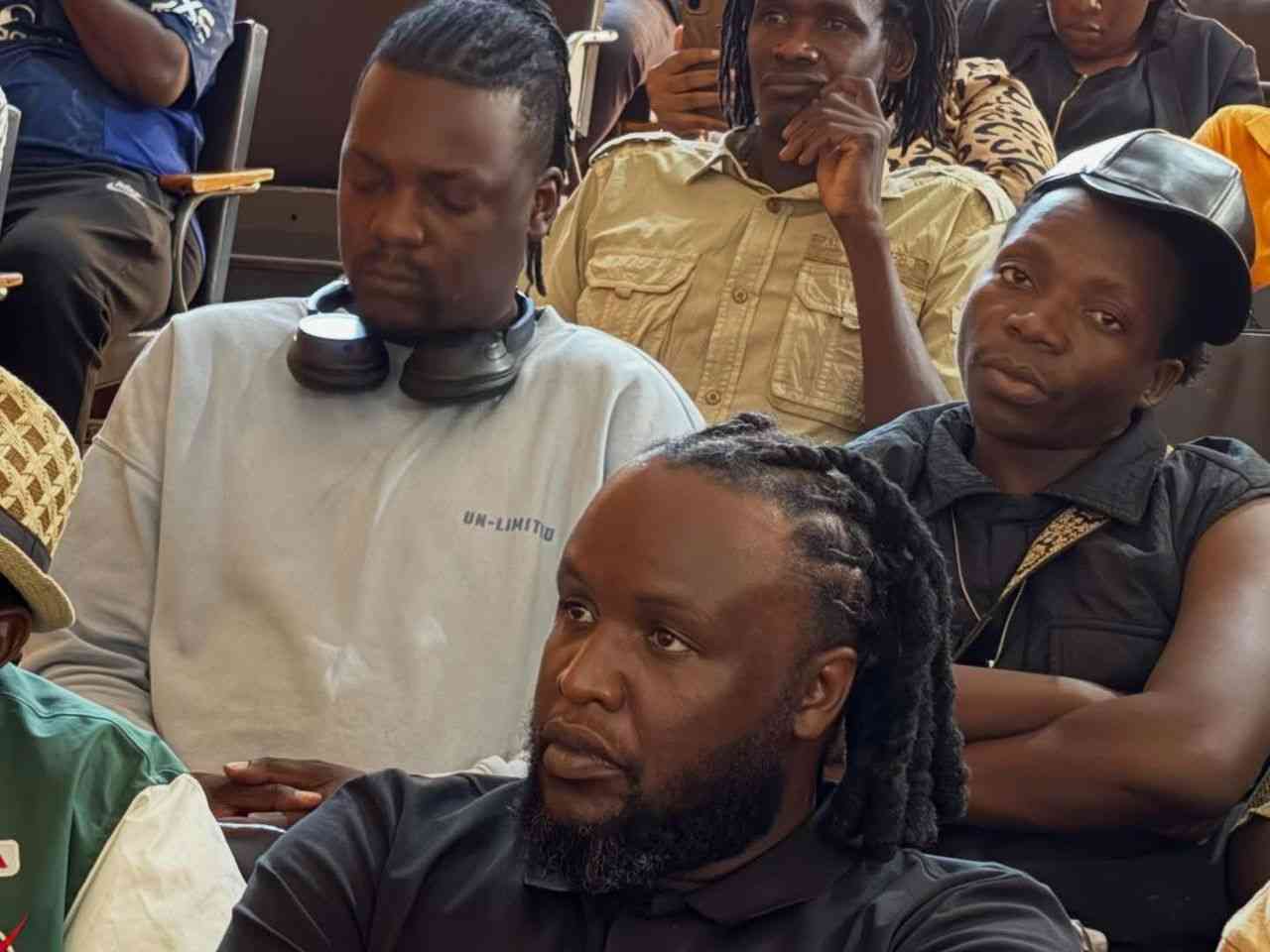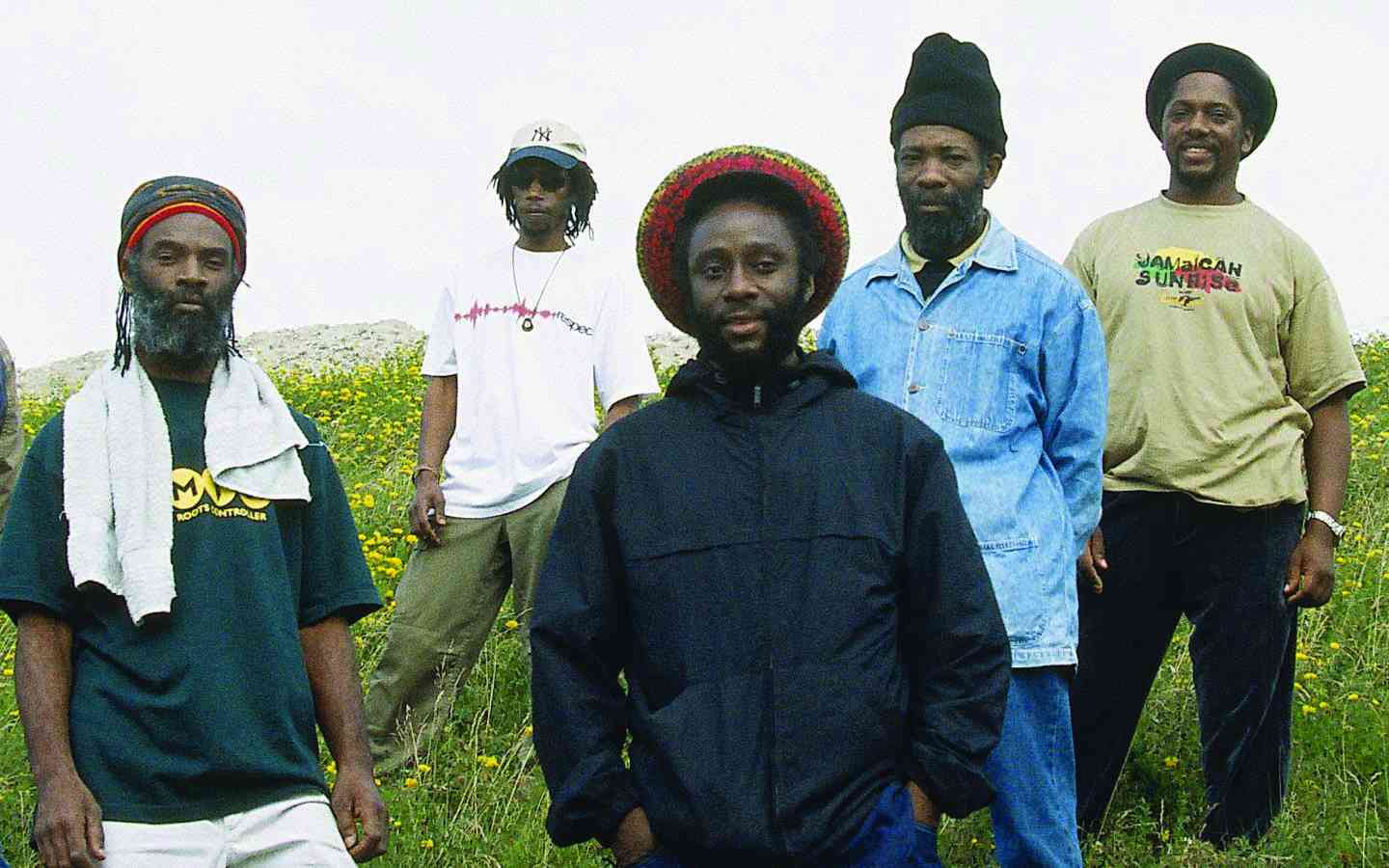
Travelling & touring: By Burzil Dube
COVID-19 passports! Does this ring the legendary bell as far as similar tidings in this column are concerned?
While some European countries are miles ahead on the introduction of this “controversial” document, Zimbabwe’s next door neighbour is contemplating coming up with a similar exercise that has somehow brought mixed feelings among its populace.
All this is scheduled to happen in South Africa.
Yours Truly took his soothsaying antics in previous Travelling and Touring columns where he warned that time was nigh for the introduction of Covid-19 passports to all those who have been inoculated against this dreaded pandemic.
This was prophesied during the second phase of Covid-19 as all systems were pointing to a long term global pandemic.
And this is slowly becoming a reality, especially to some of us who have proven to be fanatics in this world of travelling and touring.
Traversing the length and breadth of our Mother Earth is the catch world. It is a matter of time before some African countries join the Covid-19 passport bandwagon.
- Chamisa under fire over US$120K donation
- Mavhunga puts DeMbare into Chibuku quarterfinals
- Pension funds bet on Cabora Bassa oilfields
- Councils defy govt fire tender directive
Keep Reading
This is the opportune period to embrace all necessary vaccination measures because there might come a time when the whole inoculation process could be cumbersome and rather elusive.
Forewarned is forearmed!
Now to the gist of this week’s article where Yours Truly tries to dwell on Zimbabwe’s liberation war sites and their contribution to the tourism industry compared to our neighbouring countries.
Last month, South Africans woke up to the news that the iconic Liliesleaf Farm in Rivonia was to close as well as cease its operations as a tourist facility.
Those familiar with South African history of liberation might be aware that Liliesleaf Farm was bought by the African National Congress(ANC) during the country’s quest for freedom in the early 1960s and its facilities were used as a safe house.
This particular farm provided safe haven to Nelson Mandela, the country’s late former president during his flight from Apartheid law enforcement agents, who wanted to arrest him for his political activism and other related issues.
It is at this derelict farmhouse where he adopted the alias David Motsamayi and during the day was “employed” both as a gardener and cook while at night night he reverted to his political activitism until the wee hours of the morning.
His duties included among others, serving breakfast and lunch to various workers who were refurbishing the farmhouse to its former glory. The other errands, included picking up rubbish as well as sweeping the floor or any other duties that he would have been delegated at the farm.
It was at this hideout where he discovered that Africans do not treat each other as equals following the treatment he received from construction workers at the farm house. They always viewed him as inferior, a servant and a person who was supposed to be treated with disdain.
Other apartheid struggle luminaries, who later joined him at the hideout included Raymond Mhlaba and Michael Hammel among others.
Soon after the country’s freedom, the place was turned into a major tourist attraction in the same mould with Robben Island where Mandela spent 27 years in prison.
This island continues to be one of the most visited places by both local and foreign visitors due to its symbiotic relationship with struggle for South African struggle for majority rule.
The list of such places is endless and they continue to play a major role in South African hospitality industry.
A similar scenerio could be applied in Yours Truly’s beautiful country of Zimbabwe by the powers that be as we seek to promote our liberation history through tourism.
Once I highlighted such issues in previous columns where there is need for youngsters to tour areas such as Sikombela detention area as well as Gonakudzingwa where the late ex-president Robert Mugabe, Joshua Mqabuko Nkomo, Josiah and Ruth Chinamano were once incacerated during the country’s struggle for independence.
The same also applies to high density homes of Mugabe and Nkomo which bore the brunt of settler rule in Highfields and Pelandaba respectively. Such facilities need to introduced as part of educational tour packages to students from learning institutions.
If students can tour the National Heroes Acre, it would be prudent to introduce the above mentioned visits as part of their programme and this ‘clarion call’ is also directed to tour operators for inclusion such facilities as part of their packages.
There is also a place in Chinhoyi where The Battle of Seven or Chinhoyi Battle took place.
the home affairs ministry was in the process of establishing a mural dedicated to the gallant seven freedom fighters whose death signaled the beginning of the armed struggle.
The list could also be endless.
Till we meet again in the next column
- Comments always welcome on: [email protected] or Twitter@DubeBurzil










